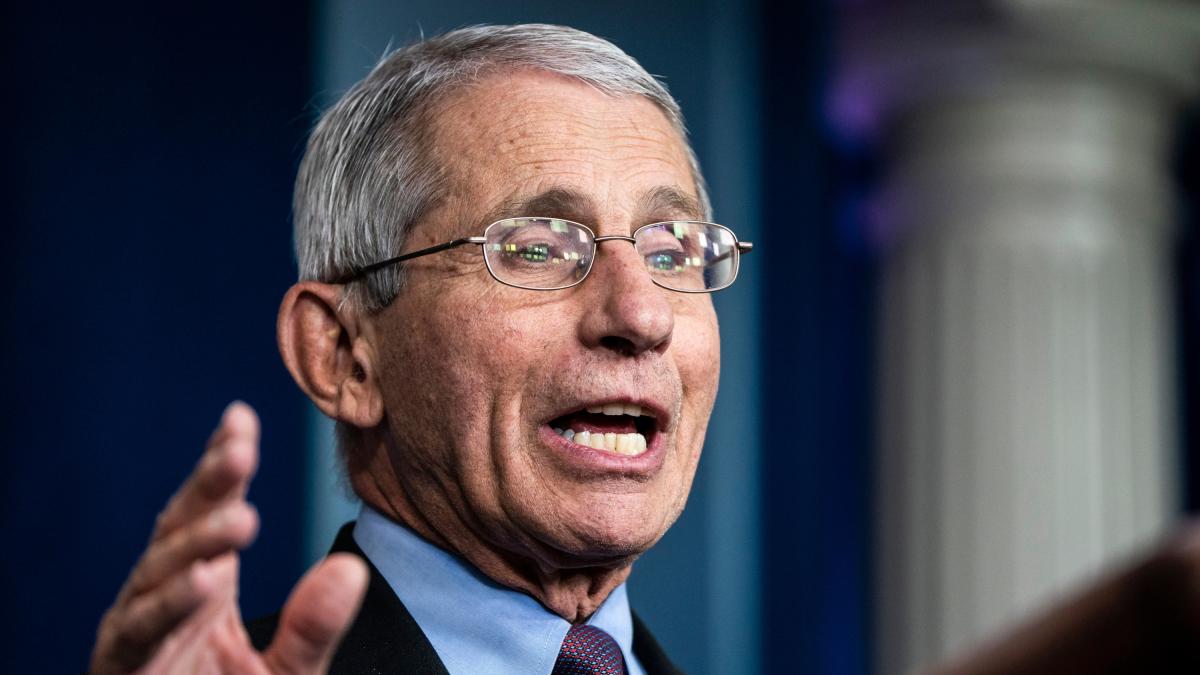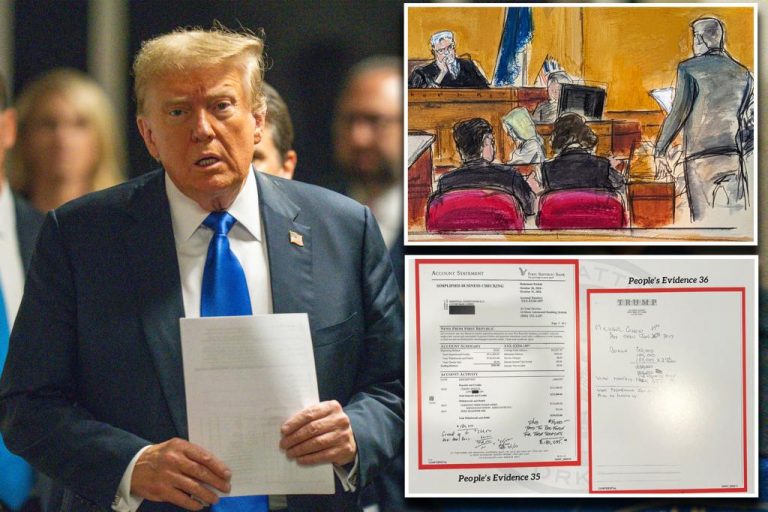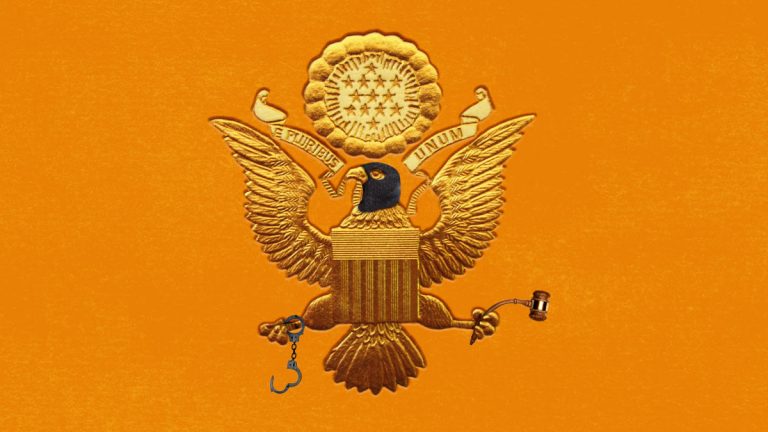5 Things We Learned from Dr. Anthony Fauci’s New Book
Dr. Anthony Fauci, the renowned infectious disease expert who served under seven U.S. presidents, including former President Donald Trump and President Biden, has released a revealing new memoir titled “On Call: A Doctor’s Journey in Public Service.” In this compelling book, Fauci shares his experiences and insights on navigating the challenging terrain of public health crises, particularly the AIDS and COVID-19 pandemics.
From his humble beginnings as the child of Italian immigrants in Brooklyn to his illustrious six-decade career as a physician and public servant, Fauci provides a captivating look into his life and work. However, it was his tumultuous tenure under the Trump administration that thrust him into the spotlight and made him a household name.
Here are five key takeaways from Fauci’s memoir:
1. Trump’s Outbursts: Fauci recounts a heated incident with Trump on Jun. 3, 2020, where the former president berated him for warning that COVID-19 vaccine effectiveness might only last up to a year. Trump vehemently opposed the idea of booster shots and criticized Fauci for worsening the country’s situation, despite professing his love for him.
2. Election Predictions: In a candid conversation on Nov. 1, 2020, just days before the presidential election, Trump assured Fauci that he would not be fired. Amid pressure from his supporters, Trump emphasized the need for positivity and hope, insisting that Fauci give the American people a reason to believe in the country’s future. Trump also expressed disdain for his opponent, Joe Biden, predicting a landslide victory for himself.
3. Death Threats: Fauci reveals the chilling experience of receiving death threats following his clashes with Trump. An unsettling episode in August 2021 involved a letter containing white powder and a menacing message that left Fauci fearing for his safety. Although subsequent tests confirmed the powder was harmless, the incident underscored the dangers and risks Fauci faced in fulfilling his public duties.
4. Turning Down Offers: Despite his numerous achievements, Fauci humbly recalls turning down an offer from President George H.W. Bush to lead the National Institutes of Health due to his preference for a more hands-on role. Fauci’s commitment to his work as the director of the National Institute of Allergy and Infectious Diseases (NIAID) underscored his dedication to public service.
5. Frustrations in Washington: Fauci candidly discusses the challenges he faced dealing with partisan politics and bureaucratic hurdles in Washington, D.C. Despite his efforts to advance public health initiatives under various administrations, Fauci often found himself stymied by the complexities of government dynamics.
Through “On Call: A Doctor’s Journey in Public Service,” Dr. Anthony Fauci offers a compelling and insightful account of his remarkable career and contributions to public health. Despite the obstacles and controversies he encountered along the way, Fauci’s unwavering commitment to serving the American people shines through in this illuminating memoir.








